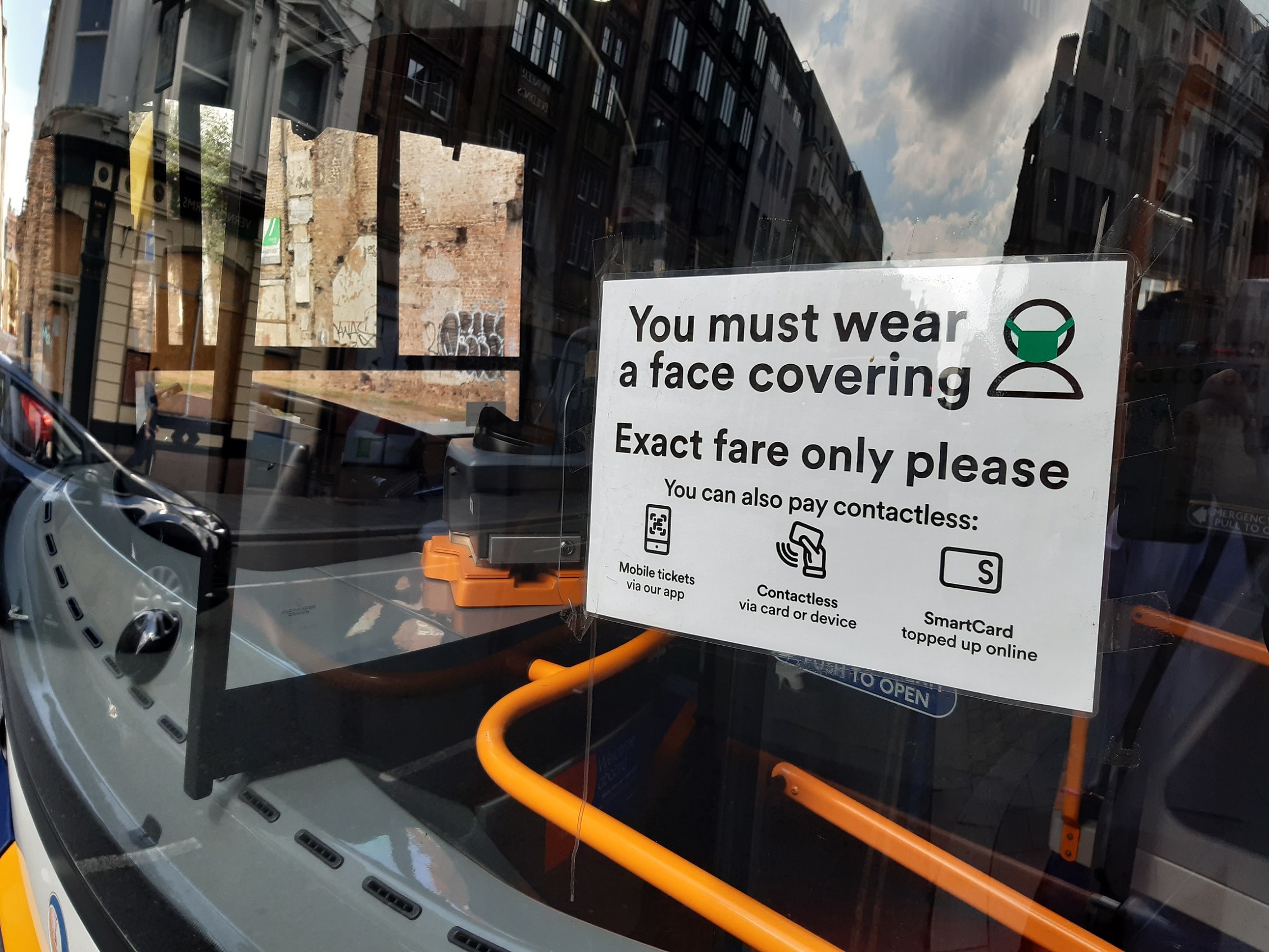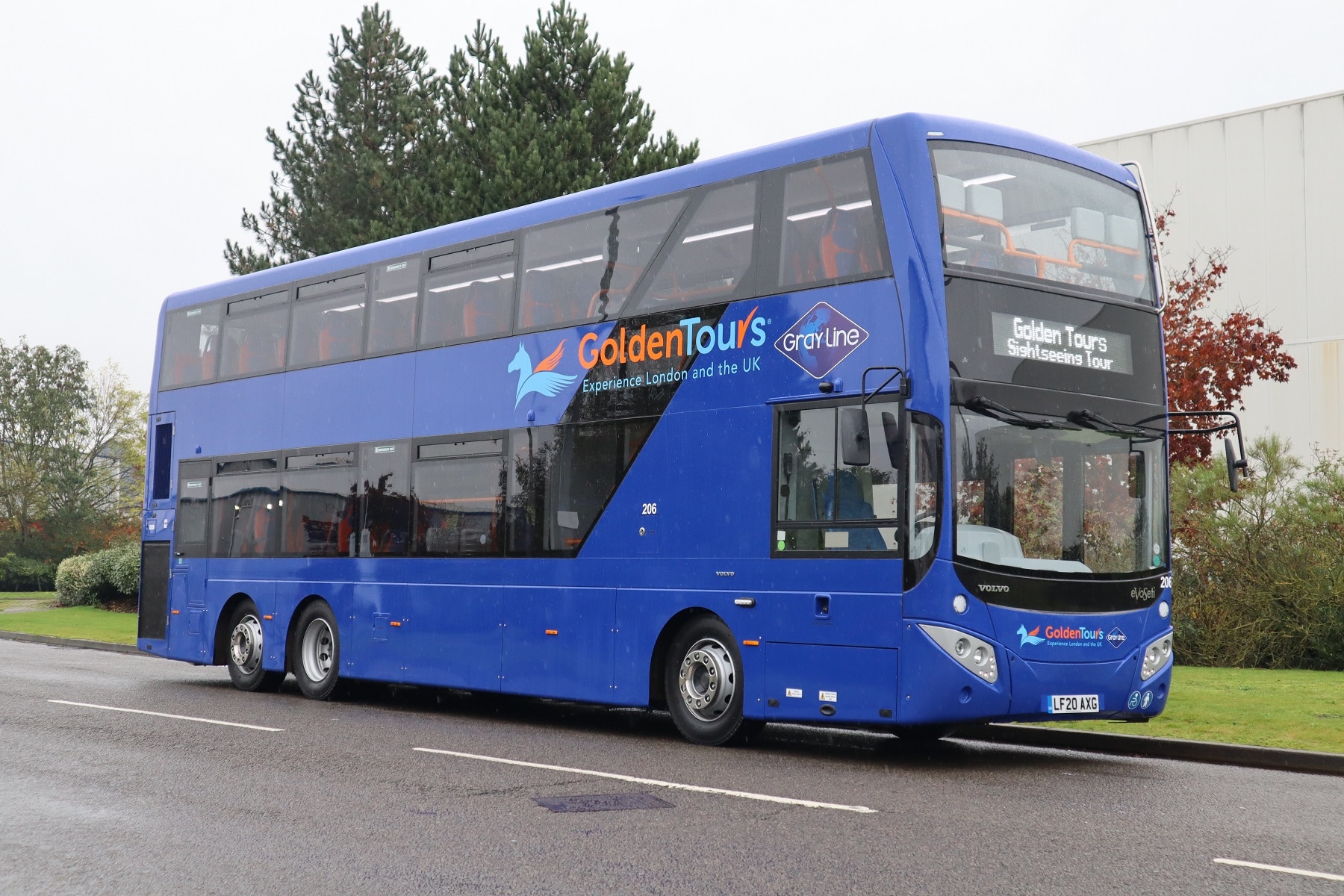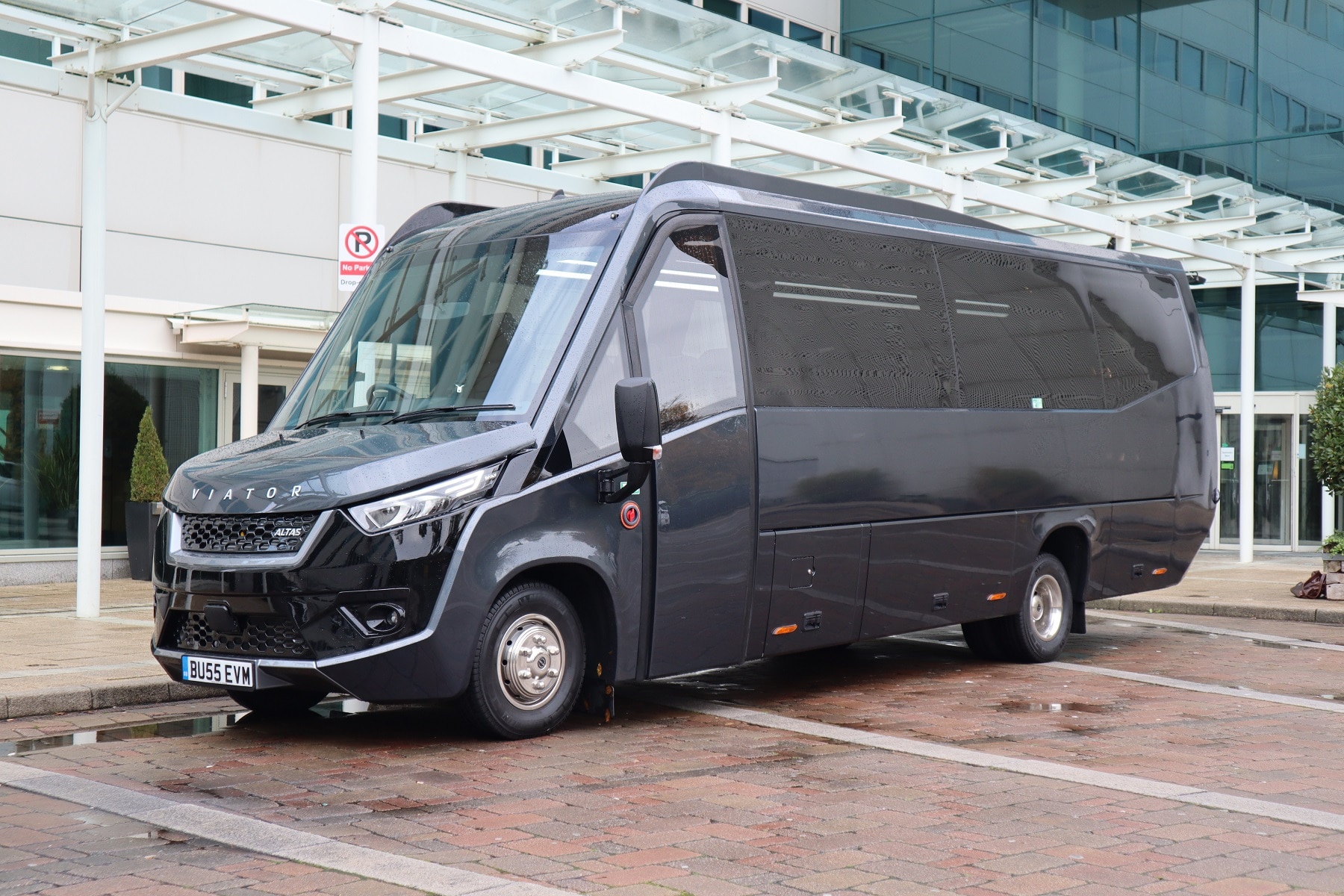A second national lockdown in England, based – it now seems – on out of date data and inaccurate modelling forecasts, is not good news for coach and bus operators, to put it mildly.
The doomsday forecast of 4,000 deaths per day by early December that was presented to the country to justify the second lockdown in England was, within hours, widely ridiculed, and indeed even the government and Professor Chris Whitty are acknowledging that the peak level of deaths and hospital admissions will be nowhere near the forecasts that were presented on that fateful Saturday evening.
Indeed, some experts are saying that we have already passed the peak of the second wave.
Lockdown is damaging for the coach and bus industry
I labour the point because if I was a coach or bus operator, I would be pretty unhappy that a lockdown, which can and will have a dramatic impact on my business, must be based on robust and reasonable forecasts. It is not clear to me that this was the case with the decision on the second lockdown in England. The hospitality sector in particular must be outraged.
Of course, bus operators are being subsidised by the government to compensate for lost revenue, so to that extent they are being well looked after. But these lockdowns are surely going to have a long-term impact on people’s travel behaviour. I cannot find a single individual who believes that patronage levels will return to anywhere close to pre-lockdown levels.
It feels to me that the commercial market is going to shrink quite significantly because of the pandemic, which I fear will play nicely for those that favour a franchised model.
Is the National Bus Strategy still necessary?
The main question on my mind is whether, in the new world in which we now live, a National Bus Strategy is still required – or at least whether its production should be paused until we have a much clearer idea of the future demand for bus travel in a post-pandemic world.
If the commercial market really does shrink to an extent that the need for a much larger subsidised market becomes essential on public policy grounds, then the fundamental structure of the market changes pretty dramatically.
If I were the lead official writing the National Bus Strategy, I would be asking Ministers for their agreement to put its production on hold. What is the point of developing a strategy now when the parameters that might influence it are changing before our eyes?
The fact that the Chancellor saw fit to extend the Coronavirus Job Retention Scheme to the end of March 2021 says to me – and to pretty much everybody else – that the government thinks we may be in various forms of lockdown (regional or national) right through to spring. That is a pretty depressing thought.
Do the pandemic’s implications mean that deregulation is at an end?
Let us hope that this is a worst-case scenario and does not come to pass, because the impact on our economy and society will be profoundly damaging.

And I have no doubt that the impact on the public transport sector will be equally damaging, certainly in the short term and potentially for years. The aviation sector, for example, does not expect demand to recover to pre-lockdown levels for at least five years.
What seems increasingly clear is that the halcyon days of deregulation are coming to an end. That is not to say that there will not be a role for private operators, and I for one certainly hope that there will be.
But as the commercial market shrinks, probably more rapidly thanks to the pandemic, so it must surely be the case that the voices that argue for franchising will grow louder and louder. My fear is that they may become politically increasingly difficult to resist.
Questions remain about Boris’s long-term future as PM
In among all of this is growing talk about the longevity of Boris Johnson’s leadership of the Conservative party and his occupancy of Number 10.
I feel sorry for him, because I am not sure that any Prime Minister would have handled things much better. But it is hard not to agree that there have been some spectacular mistakes, at least in the sense of seriously over-promising and then badly under-delivering (a world-beating track and trace system being an example).
The mood in the Conservative parliamentary party is very restless and many Conservative MPs that I have spoken to are increasingly open in suggesting that come the summer, Boris Johnson may no longer be our Prime Minister.
Boris exit would be ‘an extraordinary turnaround in his fortunes’
That would be an extraordinary turnaround in his fortunes. Prime Minister is a job that he wanted all his life. When he won the General Election in December 2019, delivering the largest Conservative majority since 1987, he was master of all he surveyed. Now, the talk is how long he will stay in Number 10 – and whether he might even go voluntarily.
And is it not just the handling of the pandemic that is causing unease in the party. Ministers complain of excessive control, with their ability to say or do anything unless it is cleared by Number 10 significantly curtailed. And all the frailties of Boris Johnson – a lack of attention to detail, a complex domestic life and all the rest – are being increasingly exposed.
Boris Johnson’s willingness to lock us all up and curtail basic freedoms, with parliament given the flimsiest of information and evidence to justify such draconian action, or information that is actually inaccurate, is causing many in the Conservative party to question their long-term support for him.
Natural supporters are increasingly openly critical. Immediately after the General Election, Boris Johnson was in total control of his party. Today, his power is draining away almost before our eyes.



























